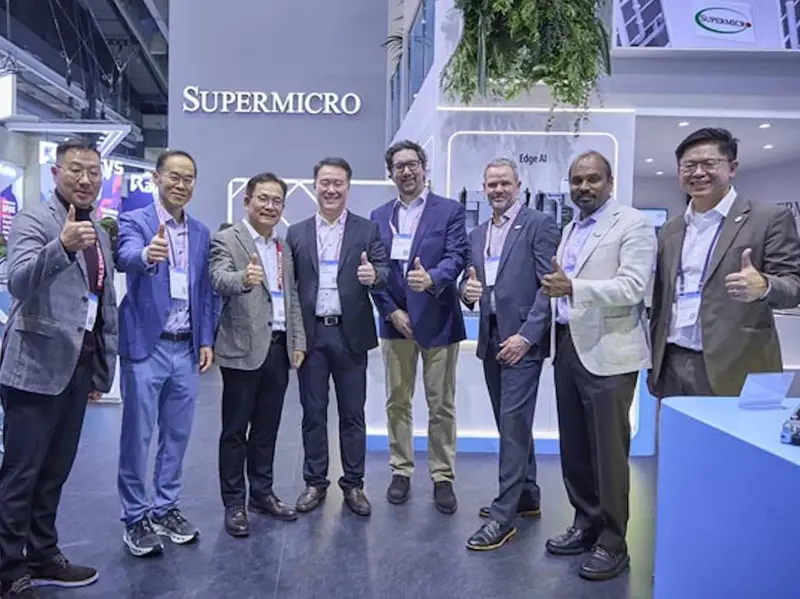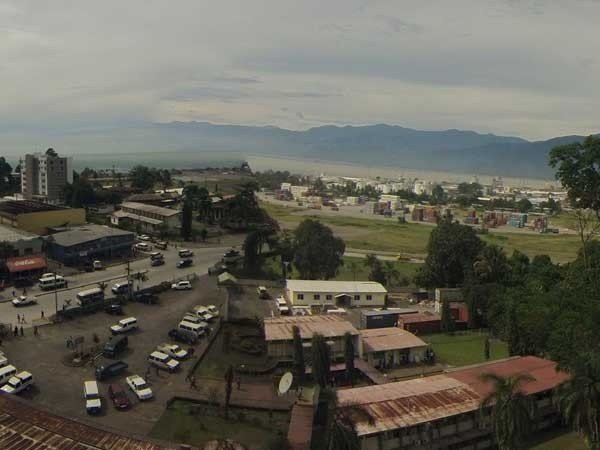At the Deep Tech Summit in Benguerir, Morocco, experts in emerging technologies underscored the need for upskilling and reskilling in artificial intelligence (AI) within Africa’s academic sector. As the AI revolution unfolds globally, the continent must seize this opportunity to advance its digital economies, particularly in the Global South.
Khalid Badou, Chief of Staff and Director of Institutional Affairs at Mohammed VI Polytechnic University (UM6P), stated that AI is now inevitable and stressed the importance of adopting it responsibly to meet the education sector’s needs while ensuring ethical use. He highlighted that UM6P had become the first university in Africa to integrate OpenAI’s ChatGPT, a move that has already demonstrated positive results.
Badou emphasized that while UM6P is pioneering the use of AI in Africa, the entire continent stands to benefit from the transformative potential of AI. He noted that the digital transformation is a global phenomenon, with countries around the world discovering and adapting to AI. This presents an opportunity for Africa to leapfrog in various sectors, especially with its digitally savvy youth population.
The summit, themed “Redefining Progress: How AI is Transforming Innovation in Deep Tech,” explored how AI can drive socio-economic development in Africa, especially in sectors like health, fintech, and agriculture. Badou called for Africa to develop its own AI code of conduct, rather than waiting for others to establish one.
Experts at the summit pointed out that AI could be as transformative for Africa as infrastructure investments, particularly in critical areas like food security and healthcare. A recent UNDP report predicted that AI could contribute $15.7 trillion to the global economy by 2030, but only 10% of this will benefit the Global South.
Jalal Charaf, Chief Digital and AI Officer at UM6P, suggested that the contribution from the Global South could be much greater if infrastructure gaps were addressed. He emphasized the need for better access to the internet and tech infrastructure to enable broader AI adoption across Africa. According to GSMA’s 2024 data, only 30% of Africans used mobile internet in 2023, and mobile broadband covered just 59% of the population, creating significant barriers to AI development.
Charaf also stressed the importance of intellectual infrastructure, highlighting that African leaders must understand AI to drive its successful implementation. The African Union (AU) is working to set standards for data sovereignty and is pushing for unified national approaches to tackle the complexities of AI.
Lavina Ramkissoon, AU Ambassador for AI, Ethics, and Digital Transformation, emphasized the need for stronger political will and commitment at the national level to ensure the effective implementation of AI policies. She called for a unified African approach to AI, similar to what has been achieved in China, the US, and the EU.
The AU’s AI Plan, unveiled in July 2024, proposes creating a regional fund for AI development, aiming to mobilize both public and private investments. This vision was further reinforced during the Global Summit on Artificial Intelligence for Africa in April 2024, where 52 nations signed a declaration to create a $60 billion AI fund. However, details about its governance and deployment are still pending.
As Africa embraces AI, the continent must focus on upskilling its workforce, improving internet access, and fostering collaboration across governments, institutions, and the private sector to harness the full potential of AI for its future development.















